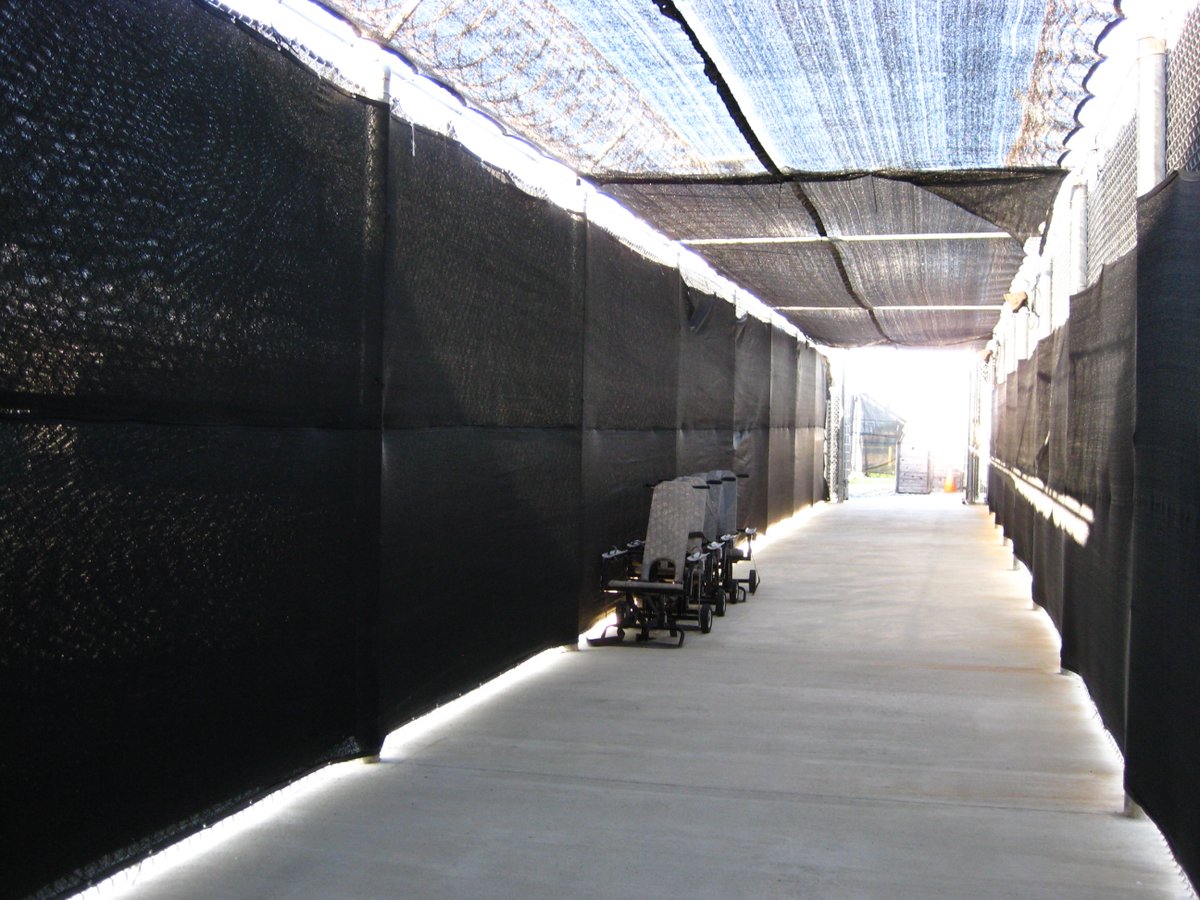nytimes.com/2020/02/18/us/…
Yesterday's hearing transcript: mc.mil/Portals/0/pdfs…
nytimes.com/2020/02/03/us/…
--KSM lawyer Gary Sowards, the judge says, raised concerns about surreptitious surveillance of defense teams in the courtroom. The judge said that's not happening.
--Mr. Sowards, the judge said, is seeking oral argument on a KSM motion involving "the death sentence." Sounds like AE754.
(It is a laptop or tablet looking thing that a prosecutor has been using in court.)
He says it is "public record that the OCA* is monitoring" the Sept. 11 trial and that "spills cannot occur. The goal is zero spills."
*Original Classification Authority, often shorthand for the C.I.A.
He describes the device as a method to alert him, the judge, to order the security officer to hit the audio kill switch.
He describes a history of distrust of the government, mentions secret destruction of a black site.
He tells Mr. Connell that he would dismiss the charges if he were presented with "absolute evidence that the government was listening in on the defense in this trial."
Judge Cohen: "Because of an ex parte filing I issued an ex parte order." He now says, he regrets it.
Unclear about whether it will be made public.
Judge Cohen: There is no monitoring. The record is clear. You have no evidence of it.
He asks, not for the first time, that defense get the classification guidance that the judge and the prosecution see and use to invoke the audio kill switch as spill protection.
He says classification is being used to cover up torture.
Cohen says it is his decision alone, adds if he is certain there is not spill he wouldn't have his security officer hit the mute button.
Judge Cohen: The OCAs. There are multiple OCAs that work on this case.
Judge Cohen offered to get him a ladder.
Judge Cohen: There is no evidence of that in the record.
Mid-morning recess.
He said he does not believe that the military commissions are “a failed experiment, kangaroo court or travesty of justice.” He says there have been problems, caused by humans, "not to say the system is perfect."
He said the case has been consumed by investigations, allegations and breakdown.
Meantime, he is requiring Mr. Harrington to continue to oversee Ramzi bin al-Shibh defense filings as the learned counsel.
Because it's interim, he says, lawyers on either side can challenge a fact that would be the basis of future rulings.
Essentially, the judge is allowing him to guide the team's work from war court offices in Virginia, no longer meet with Mr. bin al-Shibh.
He called him "a man who has come to grips that he is not the attorney he once was and will not be again."
He said he "swallowed his pride and for the benefit of both his client, this case and his family requested to withdraw."
Background: nytimes.com/2019/07/29/us/…
defense.gov/Newsroom/Advis… @shephardm @terrymcdermott @MargotWilliams

On the clean team interviews: "We are unaware of any recordings. We have stated this on many occasions. We have looked for and can find no logbooks."
As for all CIA detention records, prosecutor Ryan says, the prosecution "considers its discovery obligations to be complete."
-- Because he found Mr. Harrington unable to continue, the judge did not consider a claim of an "irreparable schism" between lawyer and client.
--Justice can be done in an expeditionary setting. He once presided over a trial in a case in a maintenance facility on an Air Force base in Idaho.
nytimes.com/2020/02/19/us/…









